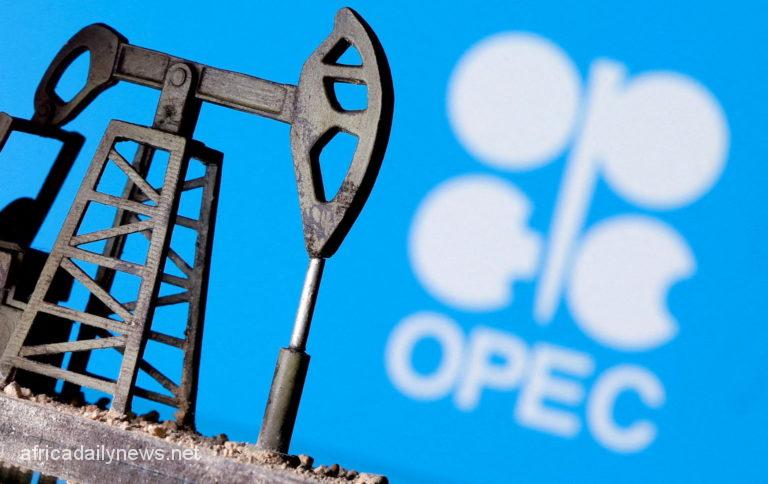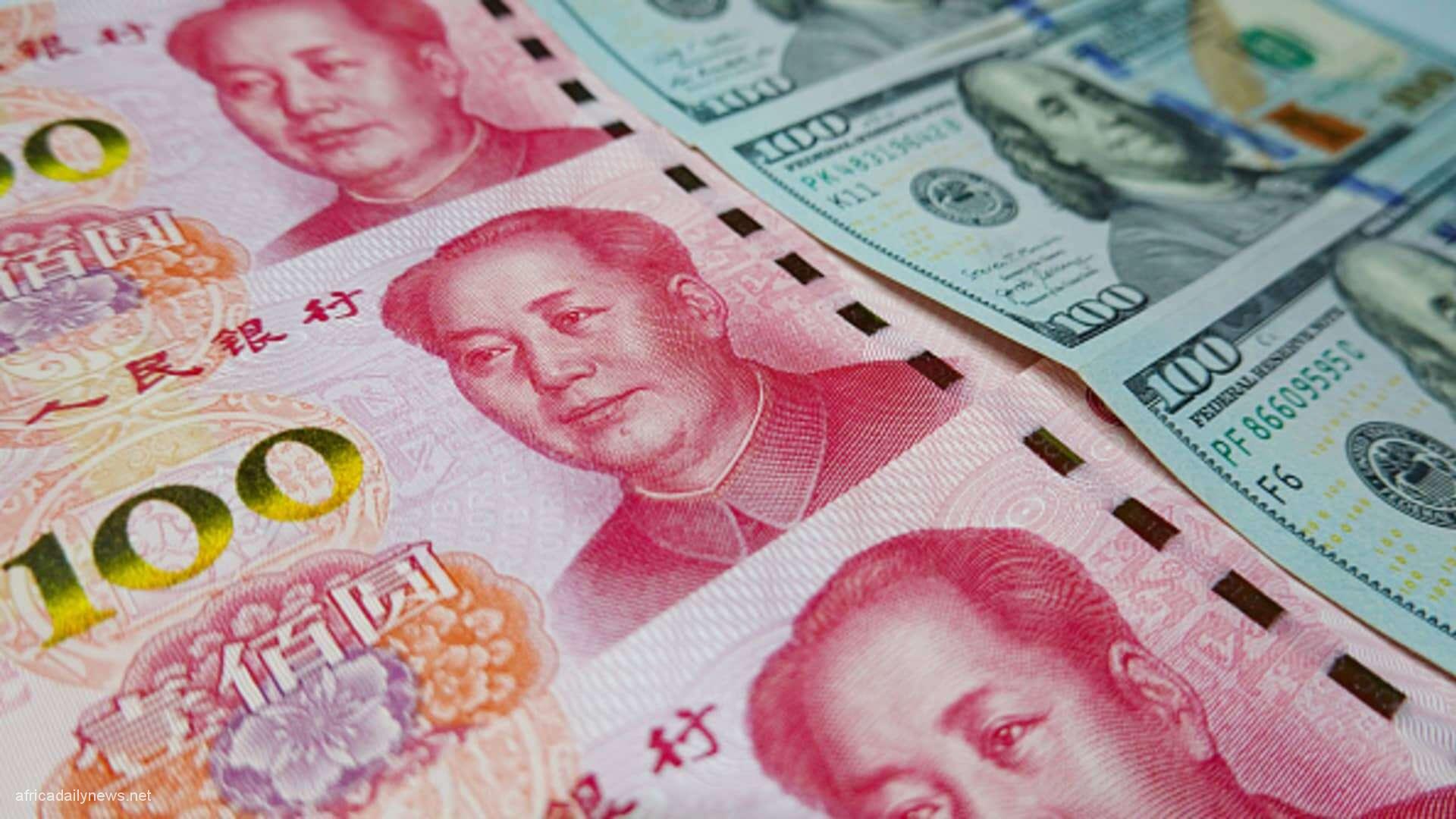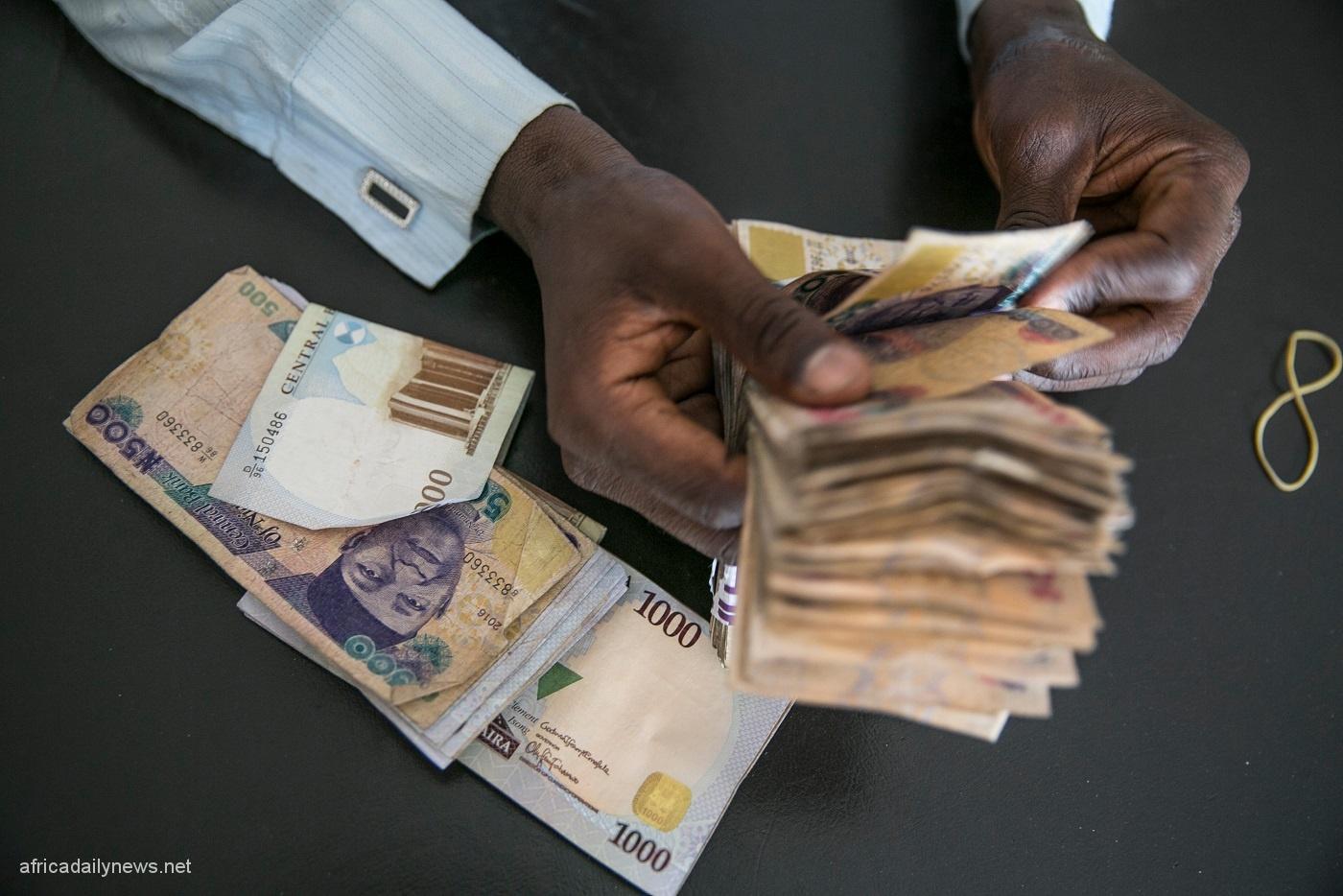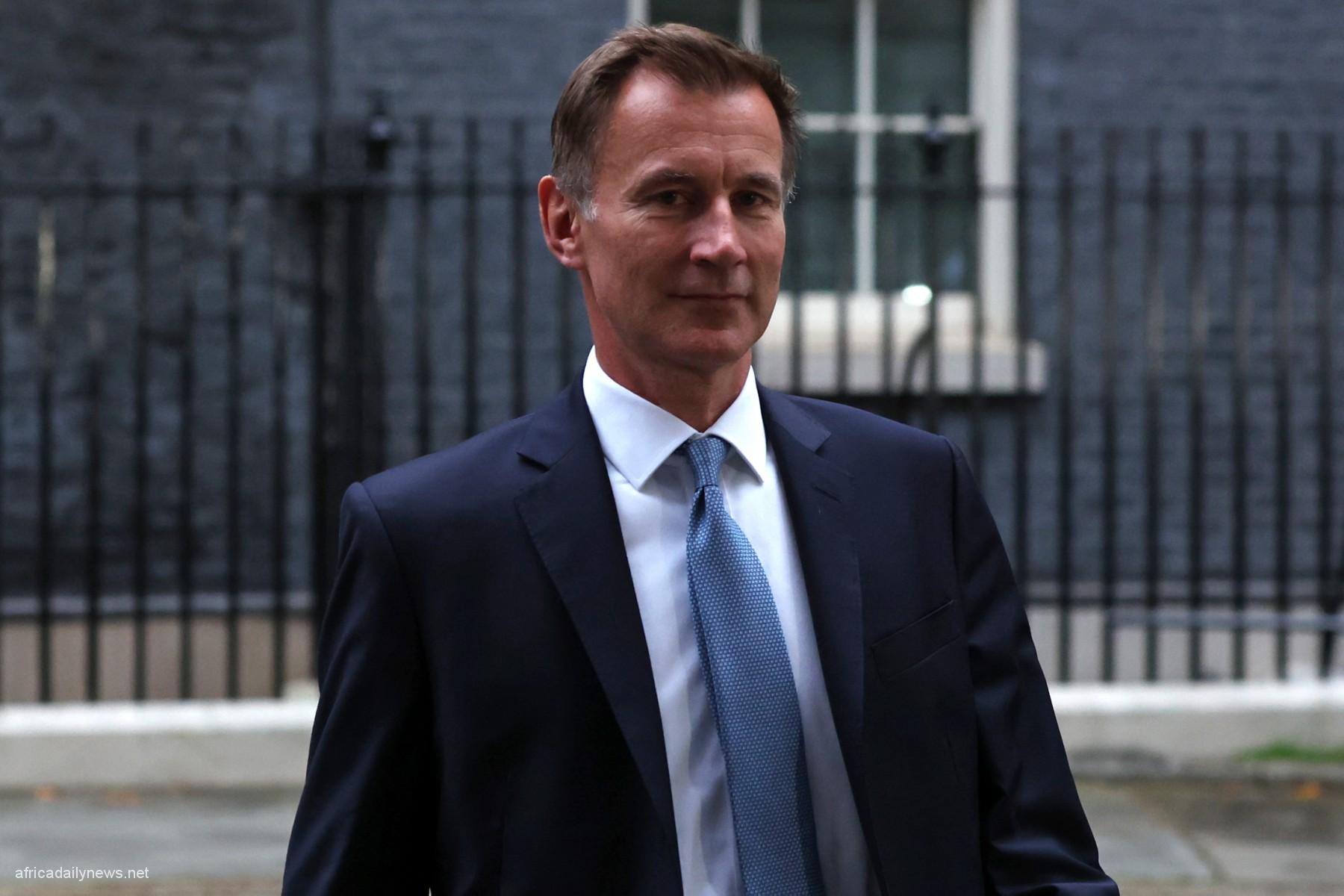It was a sinking day for Oil prices as they fell on Friday after Saudi Arabia and other OPEC+ states agreed to bring forward oil production rises to offset Russian output losses because of Western sanctions.
The downside, however, remained capped by signs of tight global supply and expectations of increased demand as China eases its COVID-19 restrictions.
Benchmark Brent crude futures dropped by 0.7 per cent to 116.75 dollars a barrel, while U.S. West Texas Intermediate (WTI) crude futures were down by 0.8 per cent at 115.92 dollars.
The oil exporters’ cartel said it would increase supply by 648,000 barrels per day in July and August, 200,000 barrels per day more than scheduled under a supply agreement with other producers, including Russia, known as OPEC+.
Read Also: Ukraine Conflict Causing Huge Volatility For Energy Market – OPEC
However, the planned production increase came at a time when the demand outlook is clouded by many uncertainties.
Recession warnings were coming thick and fast, with Jamie Dimon, chairman and chief executive of JP Morgan Chase, describing the challenges facing the U.S. economy as akin to a hurricane down the road.
In focus later today will be U.S. employment data for May.
It is believed that weak data could sway the Fed towards a less aggressive policy path.
Oil prices rallied above $124 per barrel this week following new EU sanctions against Russia over its invasion of Ukraine and China’s recovery from the latest COVID-19 lockdown.
The world’s most industrialised countries, known as G7, called again this week on OPEC to help ease a global energy crunch that worsened as a result of Western sanctions imposed on Russia.
OPEC, which meets on Thursday together with allies such as Russia as part of a group called OPEC+, has repeatedly rebuffed calls for faster production increases. OPEC+ is widely expected to raise July output targets by 432,000 bpd.
OPEC+’s record output-cutting deal, clinched in 2020 at the height of global lockdowns, expires this September by which time the group will have limited spare capacity to increase production further.










